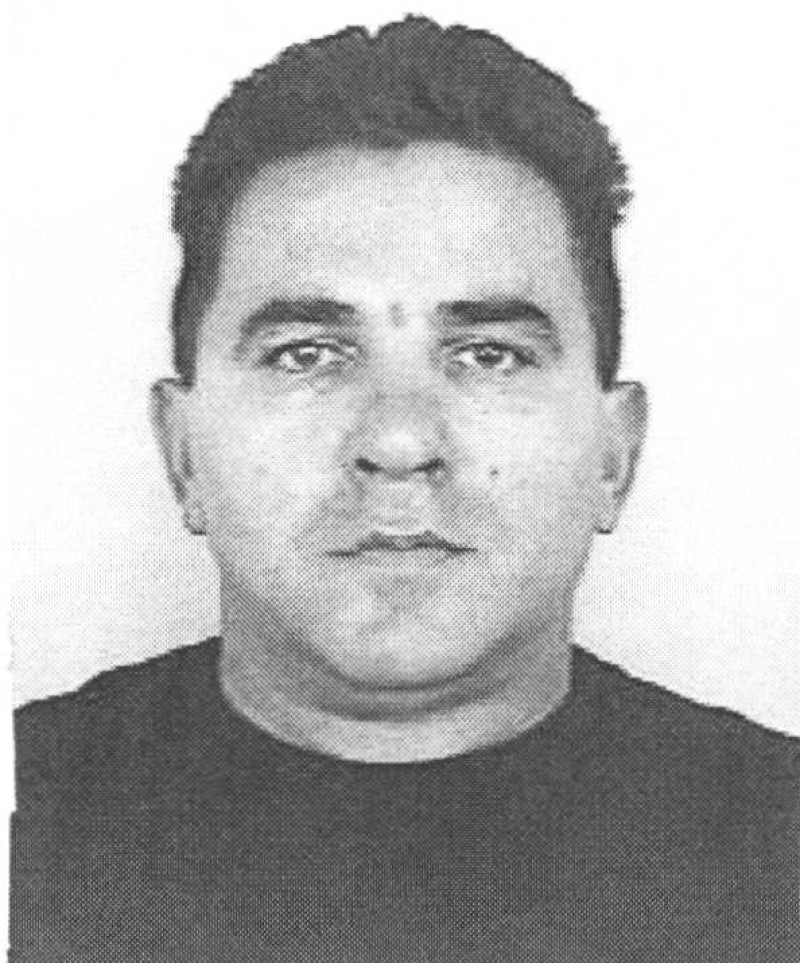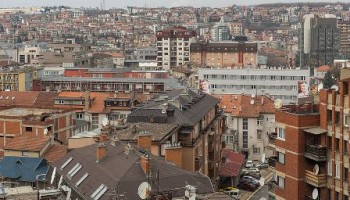Kelmendi was blacklisted by the US for allegedly leading a heroin distribution network from Afghanistan to Europe. He was arrested in 2013 in Kosovo on a warrant issued by Bosnia, but was not extradited due to a lack of diplomatic relations between the countries.
Bosnian investigators suspected that Kelmendi’s organisation was involved in drug trafficking, cigarette smuggling, money laundering and loan sharking. However, media has speculated that his connections with politicians had protected him from prosecution for some time.
His case was then handled by judges from EULEX, an EU mission in Kosovo tasked with overseeing rule of law. EULEX prosecutors charged him with the 2007 murder of Bosnian former warlord Ramiz Delalic, who, according to the court, was killed for giving Bosnian authorities information on Kelmendi and attempting to establish his own drug-trafficking operation.
Several witnesses during the trial testified to Kelmendi’s central involvement in elaborate drug trafficking networks that span Central Asia, the Balkans, and Western Europe from the 1990’s onward.
In Bosnia, Kelmendi’s drug charges include alleged links to Latin American drug producers.
Kelmendi commented on the court case saying that "the entire process has been fabricated," adding that he has never dealt drugs, according to Balkan Insight.
After several bouts of house arrest, custody, and bail, the judges agreed to deduct the time spent from May 2013 to June 2017 from Kelmendi’s sentence.






